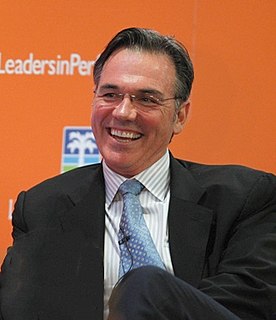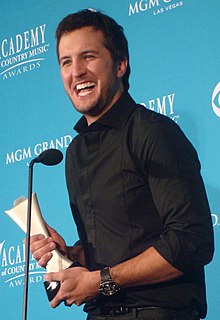A Quote by Herb Kelleher
We've always operated on the thesis that a company can have a personality, that people can be themselves, and be very successful in business at the same time.
Quote Topics
Related Quotes
At Travelers, we were much more opportunistic. It was very successful, but it wasn't an integrated financial services company. We had a property casualty company, a life company, a brokerage company. We were a financial conglomerate. It wasn't a unified, coordinated strategy of any sort. When it merged with Citi, that became a big issue; Citi, at that time, wasn't yet a fully integrated, coordinated company.
The more successful the unit, the more difficult it is to make sure that the large company doesn't put the same expectations on it as it does for the rest of the company. When it's a new venture, whether it's outside or inside the business, it's a child. And you don't put a 40-pound pack on a 6-year-old's back when you take her hiking.
Aristotle turns out to be an extremely practical guide for those asking such personally profound questions, like: What should I do next to find meaning and fulfillment in the next stage of my life?. He offers timeless advice to business people who want to be successful both at work and in their private lives. For example, he shows how business leaders can create successful organizations and, at the same time, behave ethically. Come to think of it, the CEO of Wal-Mart should study Aristotle!


































